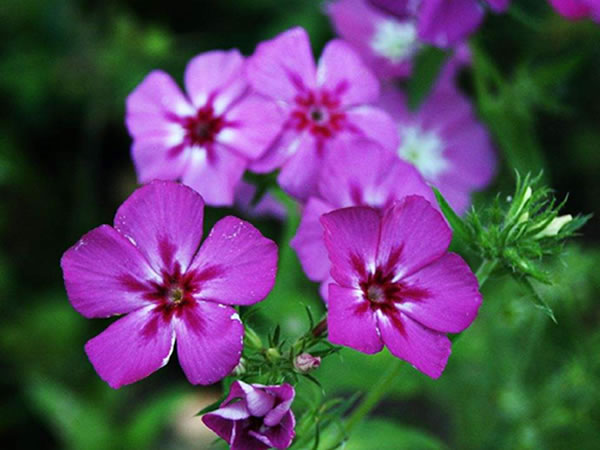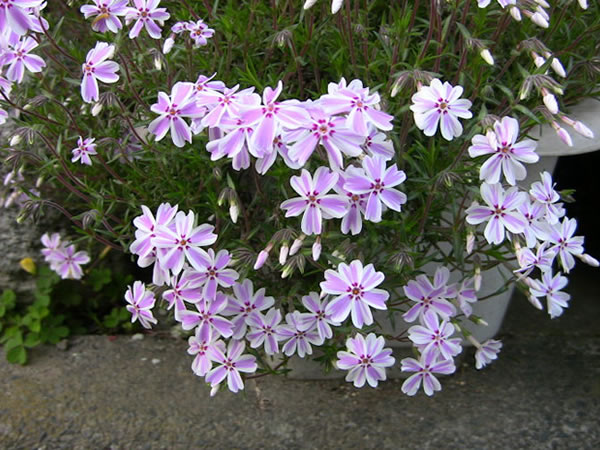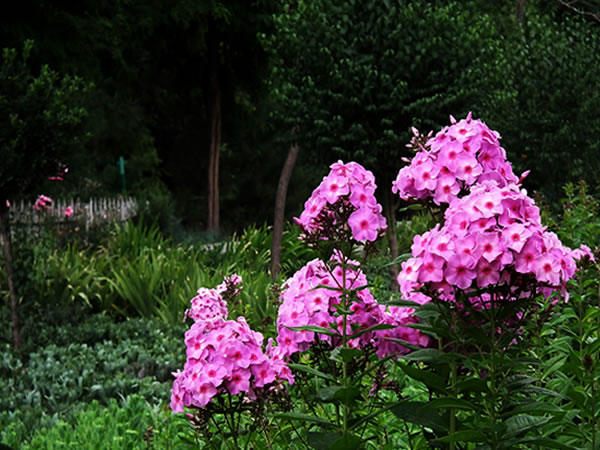Fulukao breeding method Fulu Kao variety Daquan
The management of Fulukao is relatively extensive, so it is the main cultivated variety in the basic flower bed. Fu Lukao plant is short, the flower color is extremely rich, the ornamental effect is good. Then how do you reproduce Fulukao? What kind do you have? Let's learn about it next.

I. Propagation method of Fulukao
1. Ramet propagation: this method has the advantages of simple operation and rapid survival, but it is not suitable for mass propagation.
In early spring or autumn. The sprouting plants around the mother plant were dug out and planted by making use of the characteristics of strong tillering ability and easy to germinate root tillers in the process of growth. The sprouting plants should have complete roots as far as possible to improve the survival rate.
2. Striping propagation: striping can be carried out in spring, summer and autumn.
Pile soil pressing: cultivate the soil at the base into the shape of steamed bread so that it can be separated and planted after taking root.
Ordinary striping: the annual or biennial branches close to the ground are bent and buried in the soil, and the upper end of the branch is exposed to the ground. When pressing, the bark of part of the branches buried in the soil is scratched in advance (which can release nutrients and is conducive to rooting). After about 30 days, it can be separated and planted from the mother plant.
3. Cuttage propagation: root, stem and leaf cuttings can be used for Fulu cuttings.
Root insertion: in spring and autumn, combined with ramet planting, part of the root is cut into segments about 30 centimeters long and buried in plain sand. Under the condition of 15 to 20 degrees, keep the soil moist, and new buds can grow in about 30 days.
Stem insertion: in spring, summer and autumn, usually after flowering. Stem cuttings are suitable for mass production, combined with pruning, taking full-growing branches, cutting cuttings 3 to 5 meters long, and inserting them into clean sterile sand with a row spacing of 2 to 3 meters, maintaining soil moisture and rooting in about 30 days. Pay attention to spray carbendazim solution 1 to 2 times 1000 times in summer to prevent cuttings from rotting.
Leaf insertion: in summer, take leaves with axillary buds (leaves retain about 1 stop 2), with 2 cm long stems, insert them in clean aseptic sand, pay attention to shade, and keep the soil moist, rooting for about 30 days.

II. Classification of Fulukao varieties
1. Classification of flowers and colors
(1) monochromatic: there are white, goose yellow, a variety of different shades of red and purple, to star flower Fulu test and lilac and dark purple.
(2) complex color: including internal and external color, crown tube and crown edge, throat spots, crown edge stripes, white pentagonal star spots in the middle of crown edge, etc.
(3) tricolor: such as rose red with yellow heart in base white, or purplish red with white heart blue dot and so on.
2. Valvular classification
(1) round petal species: Corolla lobes are large and wide, making the shape round.
(2) Star petal species: there are three teeth on the edge of Corolla lobes, and the length of middle teeth is 5 times longer than that of bilateral teeth.
(3) whisker species: Corolla lobes with denticulate edges.
(4) radiation species: Corolla lobes are lanceolate and rectangular in shape, apex pointed.

The above is the introduction of the breeding methods and varieties of Fulukao, there are still many ways of breeding, we can choose a more appropriate way of reproduction.
Recommended reading:
① Fulukao how to raise Fulukao breeding method
What is the flower language of ② Fulu? when is the flowering period of Fulu?
Breeding methods and matters needing attention of ③ soft branch yellow cicada
④ propagation method of milkweed growth habit
Propagation methods of ⑤ hibiscus chrysanthemum morphological characteristics of hibiscus chrysanthemum
- Prev

How long does the flowering period of a gentleman make a gentleman effective and effective?
How long does the flowering period of a gentleman make a gentleman effective and effective?
- Next

How to deal with frostbite of money tree how to keep it warm in winter
How to deal with frostbite of money tree how to keep it warm in winter
Related
- Wuhan Hospital Iron Tree Blooming Result Was Instantly Frightened by the Gardener Master
- Which variety of camellia is the most fragrant and best? Which one do you like best?
- What is the small blue coat, the breeding methods and matters needing attention of the succulent plant
- Dormancy time and maintenance management of succulent plants during dormancy
- Minas succulent how to raise, Minas succulent plant pictures
- What are the varieties of winter succulent plants
- How to raise succulent plants in twelve rolls? let's take a look at some experience of breeding twelve rolls.
- Attention should be paid to water control for succulent plants during dormant period (winter and summer)
- Watering experience of twelve rolls of succulent plants
- Techniques for fertilizing succulent plants. An article will let you know how to fertilize succulent plants.

